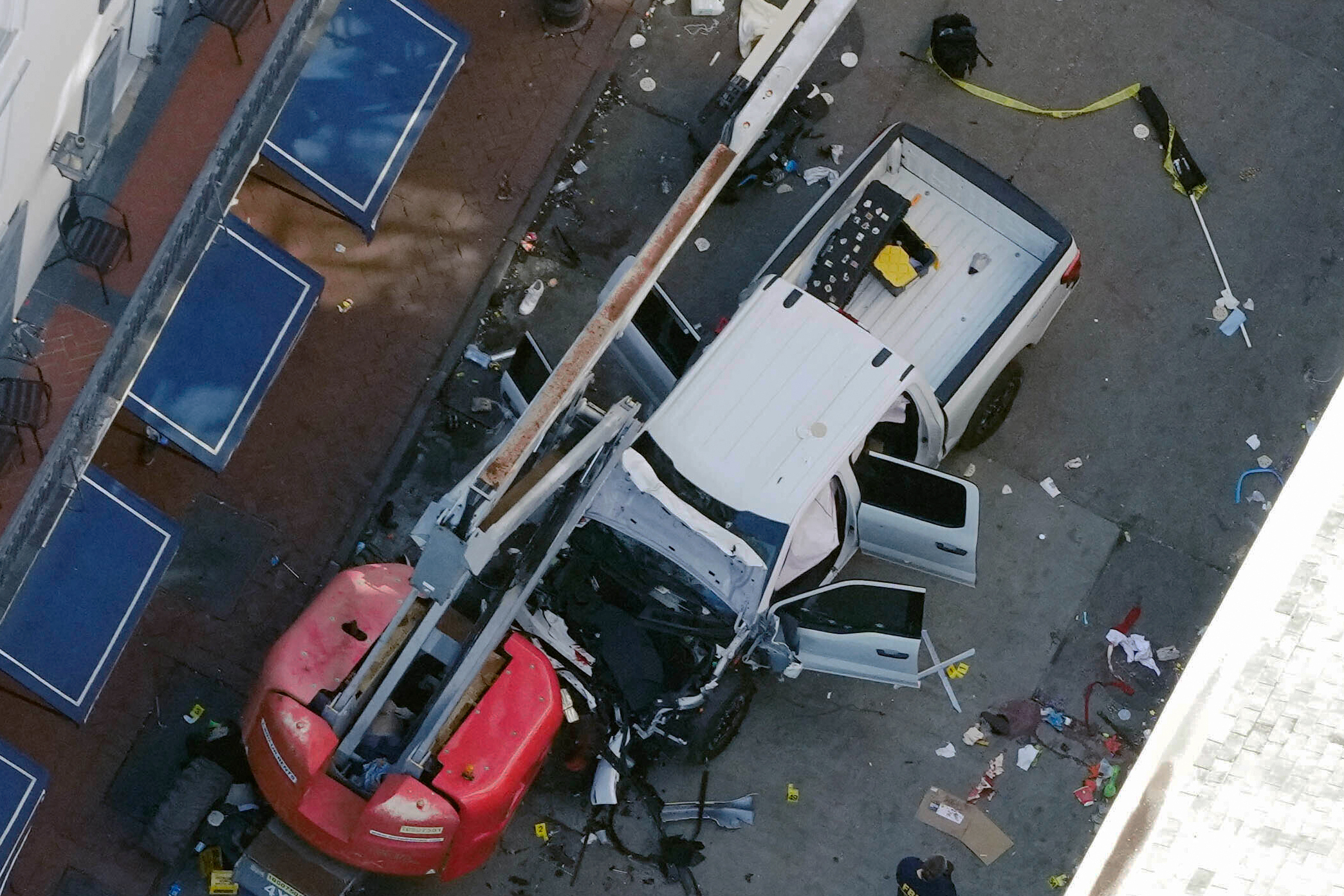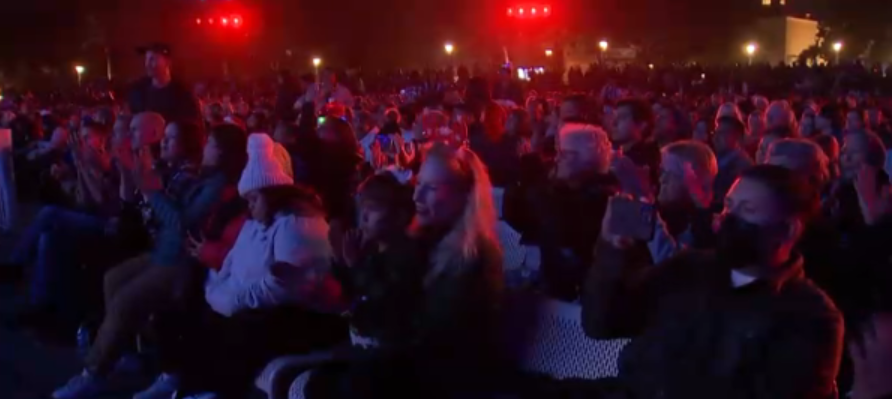Governor Gavin Newsom spoke with longtime residents of San Ysidro, California Thursday who described a community on edge, where legal residents are afraid to speak Spanish in public and apply for benefits.
Newsom spoke with several people who said they have lived in the border community all of their lives.
Luz Camacho Espinosa grew up in Tijuana but has lived in San Ysidro for 37 years.
"I used to feel free to come and go," Camacho said. "The feeling of freedom was always present but since this declaration of emergency and the new atmosphere of hate, there’s no other way to put it, it has changed."
Monica Hernandez works in the healthcare industry said she has lived in the region since 1974 and said residents there are harassed for speaking Spanish in public.
"The community is on edge," she said.
In February, President Donald Trump declared an emergency to obtain wall funding beyond the $1.4 billion Congress approved for border security. The move allows the president to bypass Congress to use money from the Pentagon and other budgets.
Local
The residents told Newsom there are a lot of very real challenges including the affordable housing crisis and pollution of the water off the coast of San Diego County.
"San Ysidro is not a bad place. We are not bad people," said Lisa Cuestas, CEO Casa Familiar. "We are an American town."
Newsom talked about the dynamic nature of the border region as a center for commerce and criticized President Trump for his policies and treatment of asylum seekers.
The Republican Party of San Diego County said the governor should speak to those U.S. citizens who they say have been hurt by illegal immigrants.
Their statement said, in part, "We challenge the Governor to make his arguments to the faces of angel families and those whose children have been trafficked or hooked on drugs due to the criminal gangs which use our border..."
Protestors with signs addressed the governor as he entered and left the restaurant.
On Tuesday, U.S. Customs and Border Protection officials released statistics on the number of people apprehended at the border. For the first time, the number of families and unaccompanied minors make up the majority of people apprehended by CBP officers, according to February's report.
"The system is well beyond capacity and remains at a breaking point," U.S. Customs and Border Protection Commissioner Kevin K. McAleenan said.
The commissioner was asked if a proposed border wall would solve the problem and he said both an extended border barrier system and changes to legislation to help process asylum seekers are needed to deal with the increase in people crossing into the U.S. illegally.



